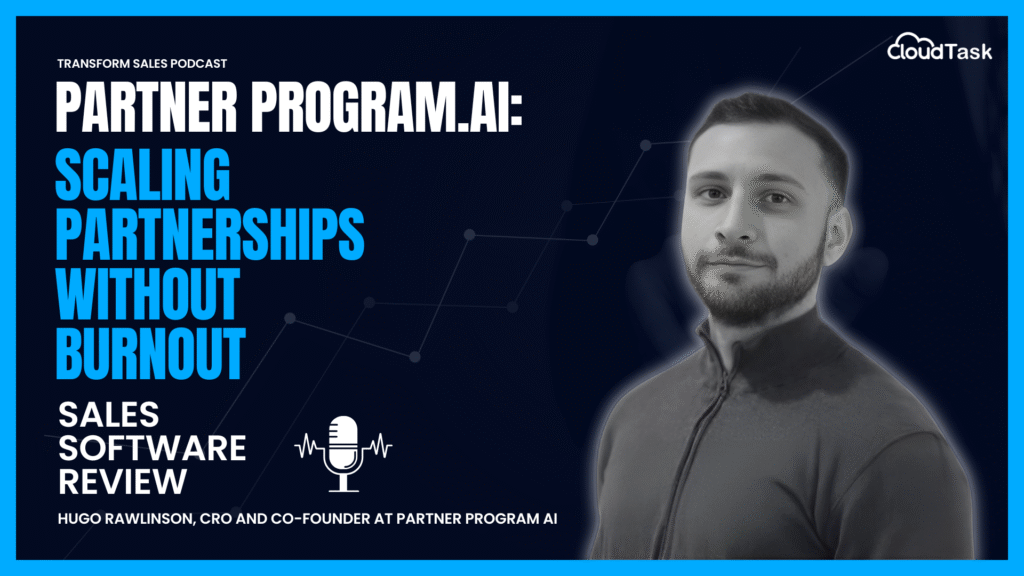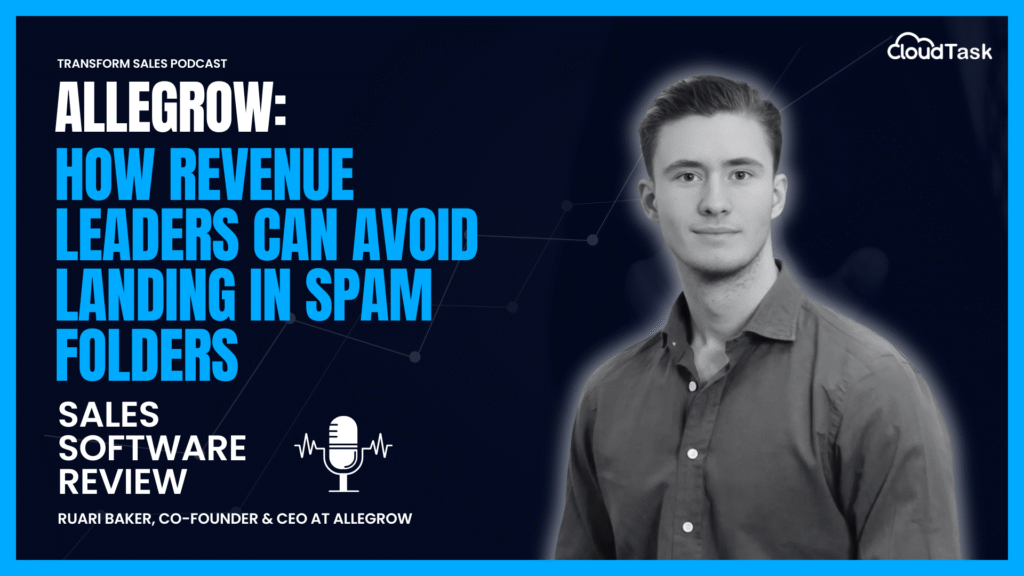Numbers don’t lie — the professional services industry is booming. Management consulting in the United States has expanded by $100 billion in the last decade, while the coaching industry generated $4.65 billion globally in 2022, marking a 60% increase from 2019.
For business leaders evaluating professional support options, understanding the fundamental differences between consulting vs coaching becomes crucial for achieving desired outcomes. Each model serves distinct purposes and delivers results through different approaches.
In this blog, we will explore the different approaches of consulting and coaching models, their impact on business performance, and essential factors to help you make an informed decision for your organization.
The Core Distinction: Consulting vs Coaching
Management consultants analyze businesses, identify challenges, and implement direct solutions. They bring specialized expertise and often execute strategies themselves.
Recent data shows nearly 840,000 management consultants operate in the U.S., reflecting growing demand for expert-driven solutions.
Coaching takes a different path.
Professional coaches guide teams toward developing their own solutions, focusing on skill-building and sustainable growth. The International Coaching Federation reports that organizations implementing coaching programs see 72% higher employee engagement rates.
“A consultant is like a detective who tells you where the crime happened, how it happened, and who did it. A coach, on the other hand, is like your personal fitness trainer who helps you build the muscles to prevent the crime from happening in the first place,” explains Steve Burton, highlighting the fundamental consulting vs coaching distinction.
Impact on Business Results
The choice between consulting vs coaching significantly influences three key business areas:
Speed and Sustainability: Consultants deliver rapid solutions for pressing challenges. Their approach works effectively for time-sensitive needs like product launches or operational fixes. However, coaching creates a lasting impact — companies report an average ROI of seven times their investment in coaching services through improved team performance and reduced turnover.
Team Development: While consultants provide expert solutions, coaches build internal capabilities. Aamir Kadri notes, “Coaching hones one’s innate talent and helps one progress in their career/life, while consulting helps identify gaps within companies, which experts can then fix.”
Knowledge Integration: Consulting transfers specialized industry knowledge through direct implementation. Coaching focuses on developing your team’s problem-solving abilities and decision-making skills. This distinction proves particularly important when choosing support for different business functions.
Making the Right Choice for Your Business
Consider these factors when deciding between consulting vs coaching:
Choose consulting when:
- Launching new initiatives requires specialized expertise.
- Operational inefficiencies demand quick resolution.
- Scaling efforts need proven frameworks.
Select coaching when:
- Building sustainable internal capabilities matters most
- Team development represents a strategic priority
- Creating self-sufficient departments drives success
Service Integration
Among the 49 types of agency services available, some naturally align better with specific delivery models.
Sales development and RevOps often benefit from consulting’s direct approach, while customer success and team leadership typically thrive under coaching guidance.
Rosa, a veteran sales professional, emphasizes this point:
“True success in sales consulting isn’t just about delivering solutions but empowering teams to become self-sufficient. A great consultant provides the guidance, but a transformative coach instills lasting skills.”
Future-Proofing Your Decision
The consulting vs coaching decision shapes your organization’s growth trajectory. Consulting provides immediate expertise and quick wins, while coaching builds lasting capabilities and self-sufficiency. Many successful businesses implement both models strategically, using consultants for specialized projects and coaches for ongoing team development.
Consider your business goals, timeline, and resource allocation when making this choice. The right model aligns with your specific needs while delivering measurable results and sustainable growth.
Final Thoughts
The choice between consulting vs coaching significantly impacts your business trajectory.
Both models offer unique advantages — consulting delivers specialized expertise and swift solutions, while coaching builds sustainable team capabilities.
Many successful organizations strategically implement both approaches, matching each model to specific business needs. Understanding your goals, timeline, and available resources helps determine the most effective path forward.
Want to find the right model for your business objectives? Connect with a CloudTask RevOps specialist to explore your options and create a strategic plan for success.








